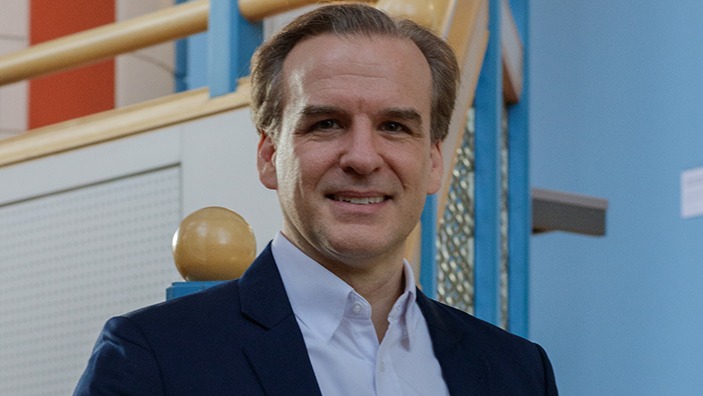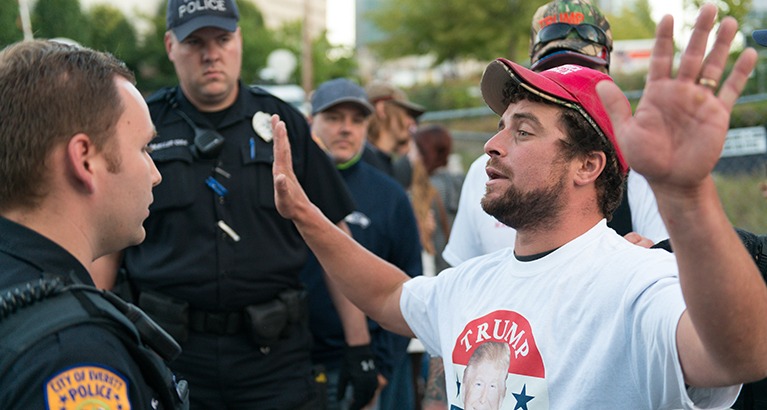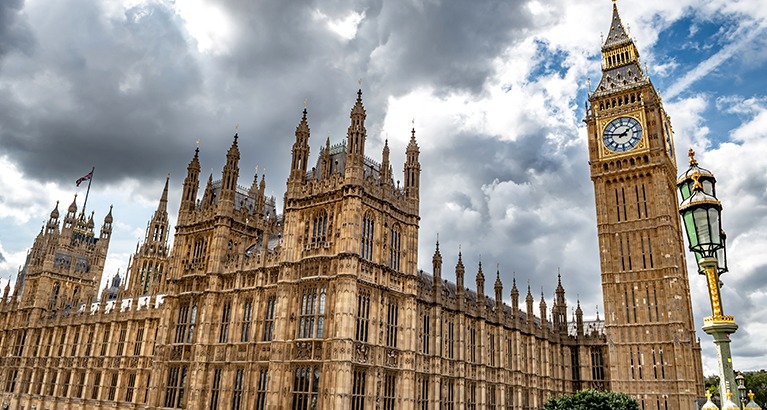
The study, entitled “The Role of Negative Affect in Shaping Populist Support: Converging Field Evidence from across the Globe”, published in the journal American Psychologist, uses data from more than 150 countries and analysis of over 2 billion tweets. It not only demonstrates a link between populist vote share and feelings such as fear and anger, but also with the “often overlooked” feelings of sadness and depression.
The findings highlight what Gallup CEO, Jon Clifton, has described elsewhere as a blind spot for politicians and election pollsters, who have missed the global rise of negative emotions over the past 2 decades. Indeed, none of the prominent forecasting models currently deployed to predict election outcomes include these emotions – referred to by researchers as ‘negative affect’ – as a predictor.
More than 4 billion people, over half the world’s population, have had or will have the opportunity to vote in national or regional elections in 2024.
An interdisciplinary team analysed public posts on Twitter (now X)
An interdisciplinary team of researchers – spanning economics, psychology, and computer science – from the University of Oxford, Stony Brook University, the University of Pennsylvania, University of Zurich, University of Cambridge, and Columbia University collaborated on the study.
They combined self-reported data on negative emotions from across the globe with analysis of sentiment within public posts on Twitter (now X), and compared trends in negative affect with data on populist beliefs and attitudes as well as, importantly, actual election results at scale. The research found that negative affect is a strong predictor of both populist beliefs and higher populist vote shares. The data also suggest, however, that once they are in power, incumbent populists no longer gain from negative affect among discontented voters.
The researchers found that negative affect – not only ‘high-activation’ negative emotions such as anger and anxiety, but also ‘low-activation’ emotions such as depression and sadness – significantly predicted populist outcomes in the case of:
- beliefs and attitudes in survers using data from more than 150 countries globally
- general election results within European countries between 2005 and 2018
- vote shares for Donald Trump in the USA at both the 2016 and 2020 presidential elections
- area-level vote shares in the 2016 Brexit vote as well as vote shares for the Brexit Party and subsequent European parliamentary elections
The effect of negative emotions on elections’ result
Dr George Ward, Junior Research Fellow in Economics at the University of Oxford, where he is affiliated with Somerville College and the Wellbeing Research Centre, and lead author of the study, said:
“It has become political lore that the state of the main economic indicators is what determines elections. But a growing body of evidence shows that how people are feeling matters just as much, if not more. Even if the economy is doing well from an objective standpoint, if voters are regularly experiencing large amounts of negative emotions – like sadness, anger, and fear – then the data suggests that there is fertile ground for populists to make electoral gains.”
Emotions matter for how people vote. Negative emotions such as anger, fear and sadness are a fertile ground for populists. In a year in which half of humanity goes to vote, our research calls for all politicians to alleviate rather than avail themselves of negative emotions.
Dr Andrew Schwartz, Associate Professor in Computer Science and Director of HLAB (Human Language Analysis Beings) at Stony Brook University and a co-author of the study, said:
“Analysing digital language has come a long way. It can supplement traditional surveys with measurements of life, as lived online, and recent methods are making such measurement accurate by, for example, producing more representative statistics from biased samples. All of this makes it possible to measure emotion at scales never before possible.”
Dr Sandra Matz, the David W Zalaznick Associate Professor of Business at Columbia Business School and a co-author of the study, said:
“Populist leaders thrive on tapping into negative emotions to gain power at the ballot box, but their hold on power becomes precarious once in office. Once elected, they need to deliver on their promises of radical change to keep the backing of an emotionally charged electorate. Our research challenges conventional wisdom, revealing that negative emotions among voters not only call for change but also demand accountability from those in power. In today’s turbulent political landscape, understanding these dynamics is vital for any populist incumbent seeking to stay in the voters’ good graces.”
Featured research
Ward, G., Schwartz, A.H., Giorgi, S., Menges, J. and Matz S.C. (2024) “The role of negative affect in shaping populist support: converging field evidence from across the globe.” American Psychologist





